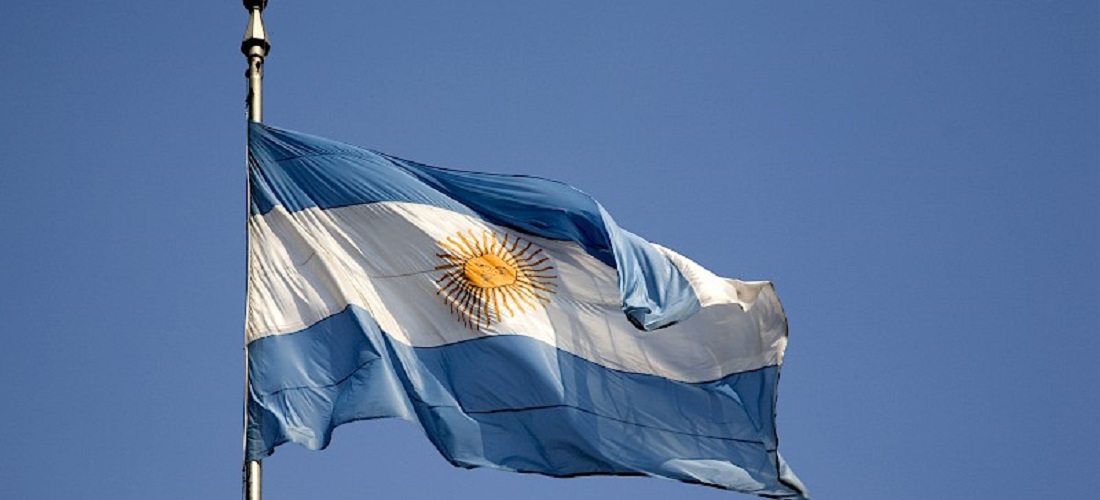
Argentina’s situation aggravates outlook for Brazilian trade balance
Nov, 29, 2019 Posted by Sylvia SchandertWeek 201949
According to the Brazilian Foreign Trade Association (AEB), the country is expected to close 2019 with the first trade deficit with Argentina in 16 years. According to the organization, the US-China trade war, slower global growth, and higher domestic demand for imports also impact the country’s trade balance for this year and the next.
The association, which brings together exporters and importers, predicts that Brazil will close this year with a trade surplus of US$36bn, a balance that would fall to about US$30bn by 2020. Estimates already take into account the review of data from October’s exports announced by the government on Thursday (11/28).
Part of the expected trade surplus reduction for 2020 is directly linked to the deterioration of the Argentine economy, which faces a severe fiscal, currency, and financial crisis, according to AEB.
“We have to hope for Argentina to improve,” the association’s president, José Augusto de Castro, told Reuters. It is expected that Brazil will close this year with a trade deficit with the neighboring country of around US$1bn – until October, the balance was negative at US$622m.
The last time this ratio was in deficit for Brazil was in 2003. In 2018, the ratio was almost US$4bn in surplus for Brazil. Argentina is Brazil’s third largest trading partner after China and the US.
For Castro, with the victory of the opposition in the Argentine presidential elections, the trade agenda of the neighboring country will become unknown. And the negotiating trade agreement between China and the United States, which provides for the export of large volumes of US agricultural products to the Asian country, could aggravate Argentina’s economic scenario.
“If Argentina exports less, it will be less able to import products. And then Brazil can be affected twice as much. By the US and China trade agreement and Argentina’s limitations,” he said.
The president of AEB stressed that another impact on the balance of 2020 is the prospect of greater growth of the Brazilian economy, which will foster the increase in imports.
Regarding the exchange rate, Castro says that the weaker real improves the profitability of exporters, but does not affect the volume of shipments.
Source: Reuters
-
Dec, 10, 2021
0
Portonave performs first night departure with a 334m ship
-
Grains
Feb, 22, 2023
0
Brazil’s Anec lowers grain export forecast in February
-
Ports and Terminals
Aug, 24, 2022
0
Brazilian Development Bank to hold public hearing on sales of SPA shares
-
Ports and Terminals
Jan, 24, 2022
0
The date for the privatization of Codesa has already been set

